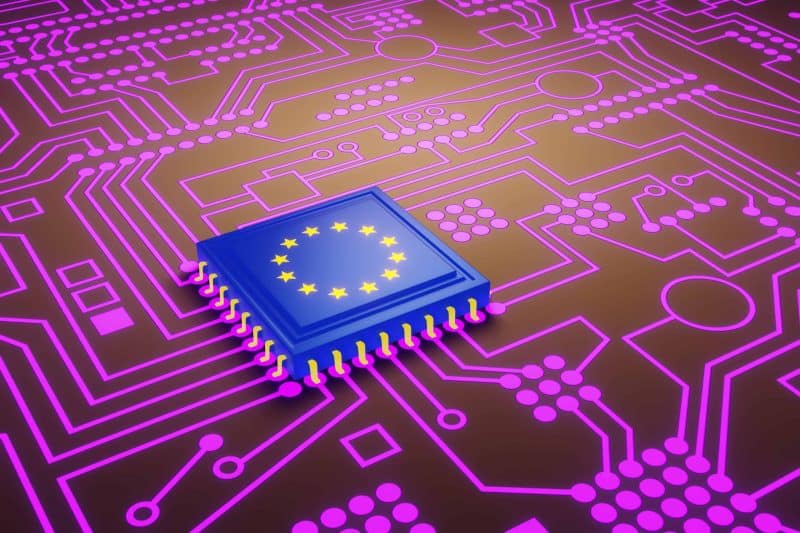Today, the European Parliament adopted the regulation regarding Artificial Intelligence (AI Act). This is the world’s first comprehensive regulation for artificial intelligence. The new rules are designed to ensure the development of artificial intelligence while respecting the rights of individuals and citizens.
As experts stress, the AI Act aims to establish control and gradation of the use of artificial intelligence depending on risk. At the same time, it is not about stifling innovation, but rather creating legal frameworks consistent with democratic values but also protecting the rights of EU citizens.
“The rapid spread of artificial intelligence, especially generative artificial intelligence, brings enormous opportunities but also significant risk,” Peter Sandkuijl, Vice President of Engineering for the EMEA region at Check Point Software, pointed out.
This is the first international law aimed at addressing the risk that the use of artificial intelligence may generate – violating human rights or entrenching biases. The law sets clear boundaries (for suppliers and developers) for the implementation of artificial intelligence. It’s crucial to remember that artificial intelligence is not always flawless. Quite the contrary. It makes more mistakes than we would allow for any technology today, therefore transparency becomes a key tool in eliminating its shortcomings.
“The fast pace of artificial intelligence implementation shows that legislation alone can’t keep up, and the technology is so powerful that it can have a significant impact on industry, economy, and governments. I hope that the EU’s law on artificial intelligence will act as a catalyst for broader social discussions, prompting stakeholders to consider not only what can be achieved with this technology but also what could be its consequences,” added the representative of Check Point.
